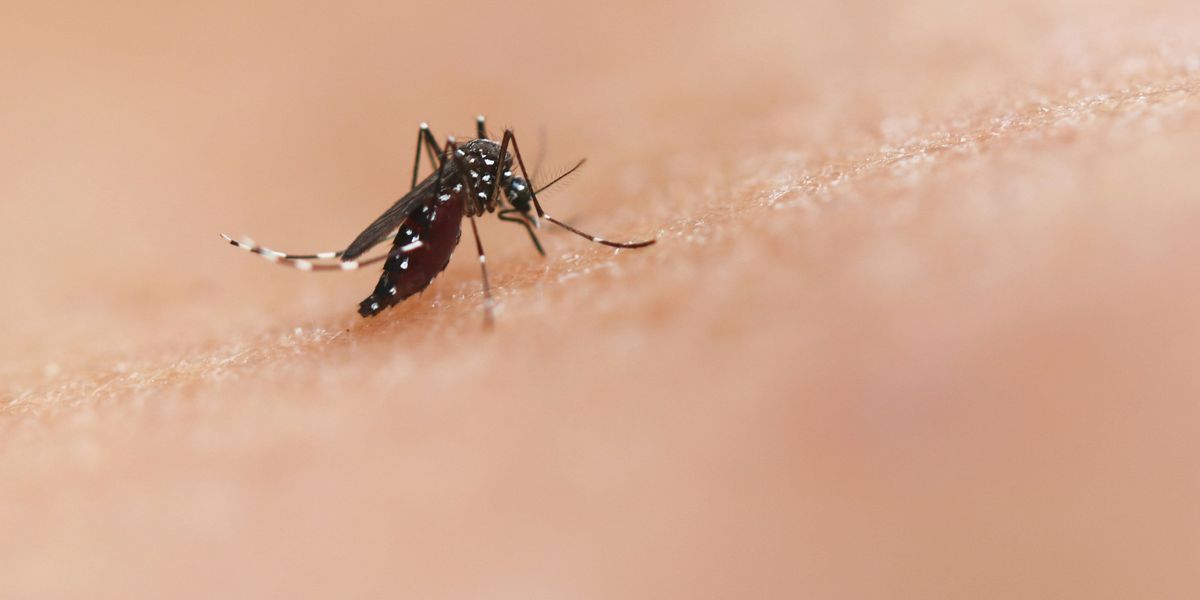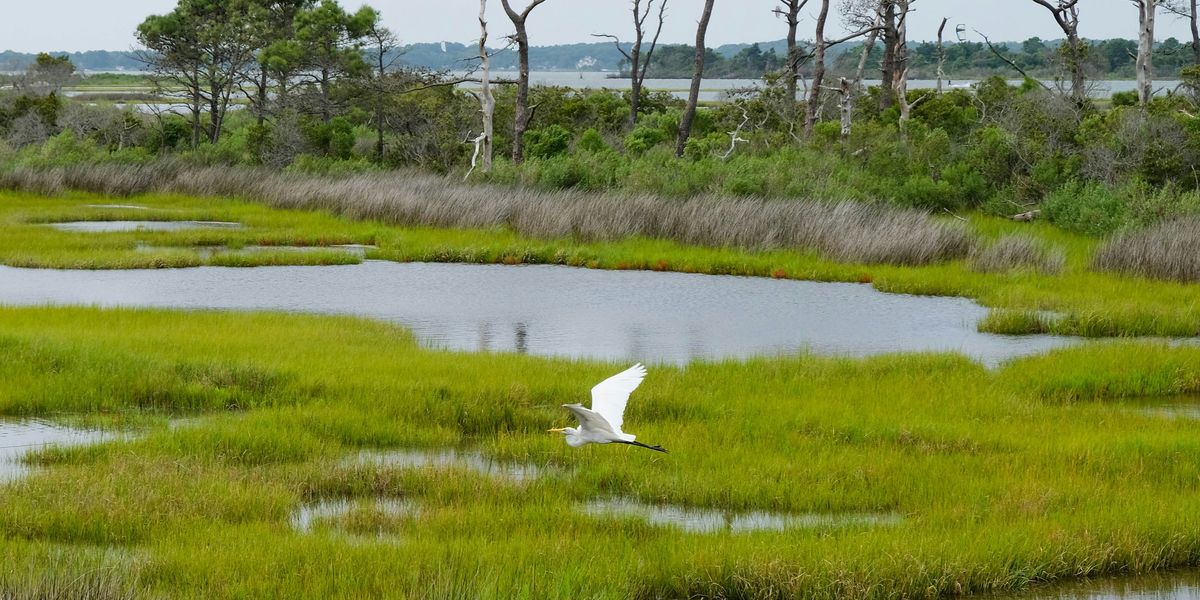insects
Bat populations decline in England due to wet summer
Conservationists report a worrying decline in UK bat populations, attributing the drop to an unusually wet summer that has reduced the insects they feed on.
In short:
- Malnourished and underweight bats are being rescued in various regions including Cambridgeshire and Norfolk.
- The decline in insect populations, worsened by wet weather, threatens all 17 UK bat species.
- The Butterfly Conservation charity notes a significant decrease in butterflies and moths, crucial for ecosystem health.
Key quote:
“This is likely to be because of the wet spring and now the colder than normal temperatures. Butterflies and moths need some warmth and dry conditions to be able to fly around and mate – if the weather doesn’t allow them to do this, there will be fewer opportunities to breed.”
— Dr. Dan Hoare, director of conservation, Butterfly Conservation
Why this matters:
Bats play a crucial role in ecosystems as natural pest controllers, consuming vast quantities of insects that would otherwise damage crops and spread disease. Their dwindling numbers could lead to an increase in the insect population, potentially affecting agricultural productivity and public health.
Related EHN coverage:
Study reveals climate change may expand locust swarms into new areas
A recent study highlights the potential expansion of locust swarms into new regions due to global warming, posing significant threats to agriculture and food security.
In short:
- Global warming is likely to increase locust habitats by 5%-25% by 2100, especially in west India and west central Asia.
- Extreme weather conditions, such as droughts and heavy rains, are conducive to locust breeding and swarming.
- The expansion of locust swarms could severely impact food security and livelihoods in vulnerable regions.
Key quote:
If the global temperature keeps rising, it "may create favorable conditions for locust development in previously low-temperature regions."
— Xiaogang He, assistant professor, National University of Singapore
Why this matters:
This research underscores an intersection of climate change and food security. As locust swarms potentially move into new areas, they threaten the livelihoods of millions, highlighting the urgency of addressing global warming and its far-reaching impacts on our ecosystem and health.
Be sure to read: It's not weather – it's climate disruption.
Climate change is threatening these Californian fruits and nuts
California's specialty crops of almonds, peaches and walnuts are under particular threat as crop-destroying insect populations increase due to warmer temperatures.
This Sask. lab is studying agricultural pests — even before they arrive on the Prairies
Discovered in collections, many new species are already gone
Why the climate crisis is making our insects run for the hills
Around the world, different species are shifting their habitats upwards, with potentially catastrophic results for our ecosystems.



















